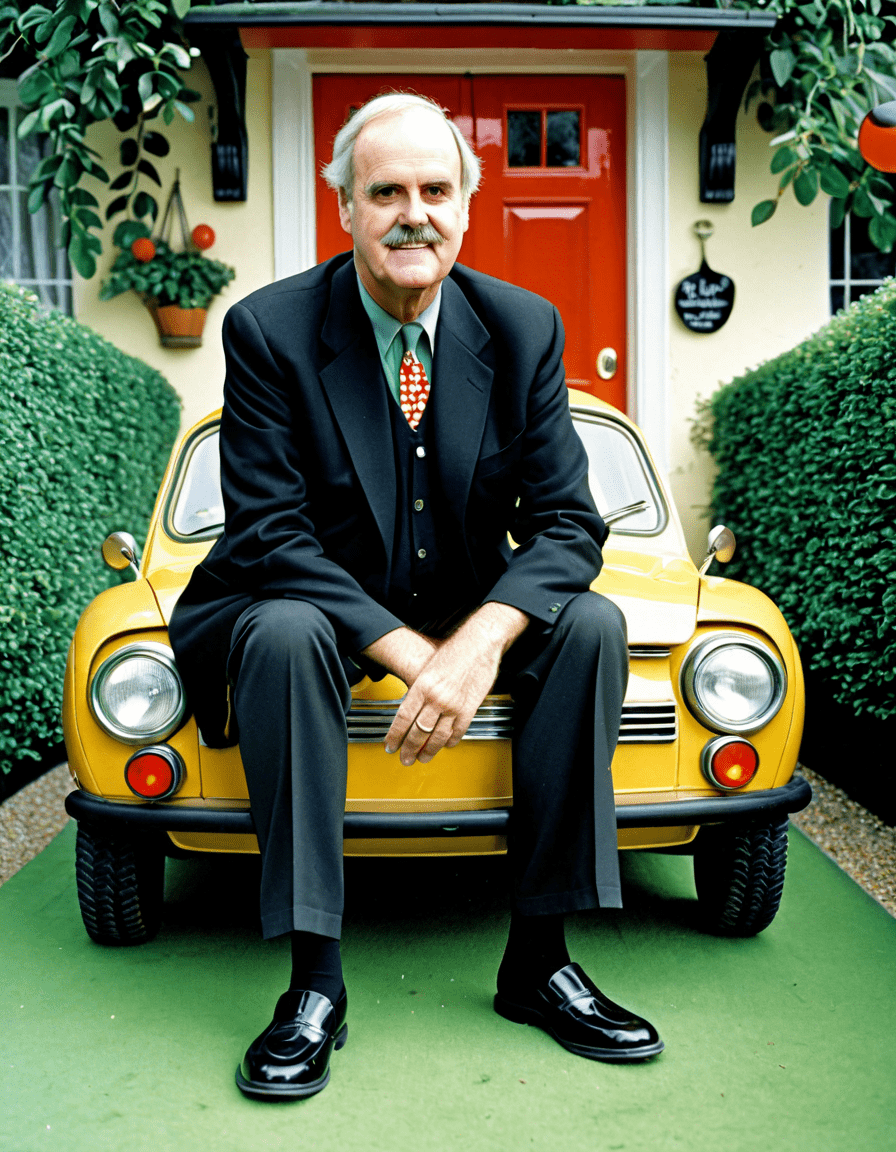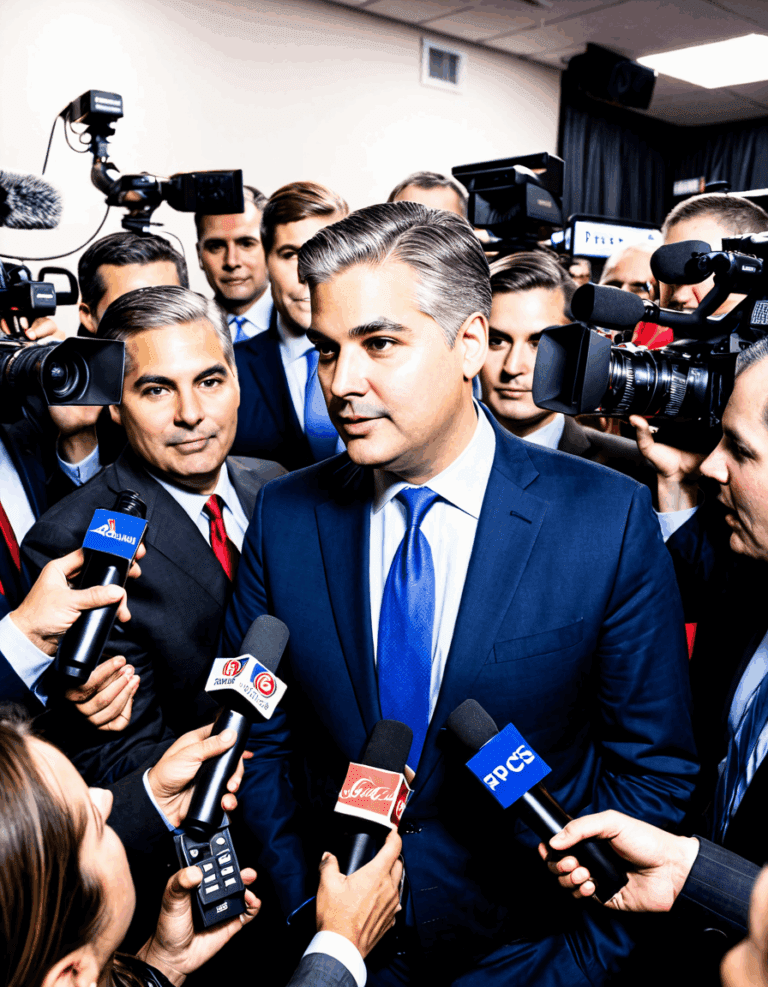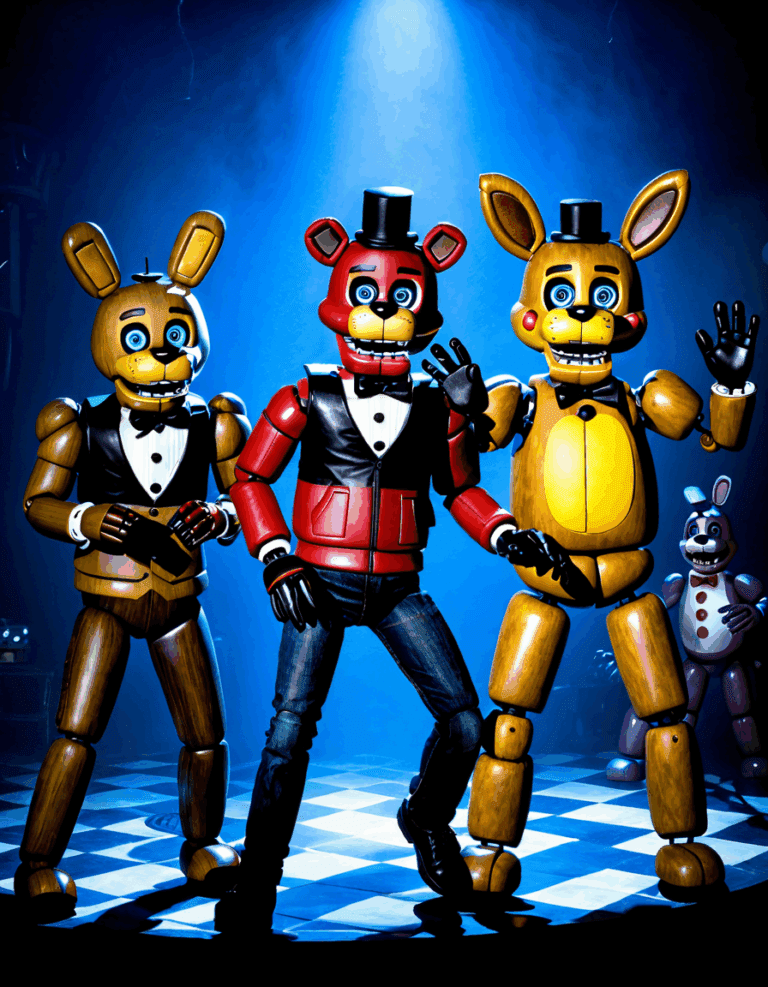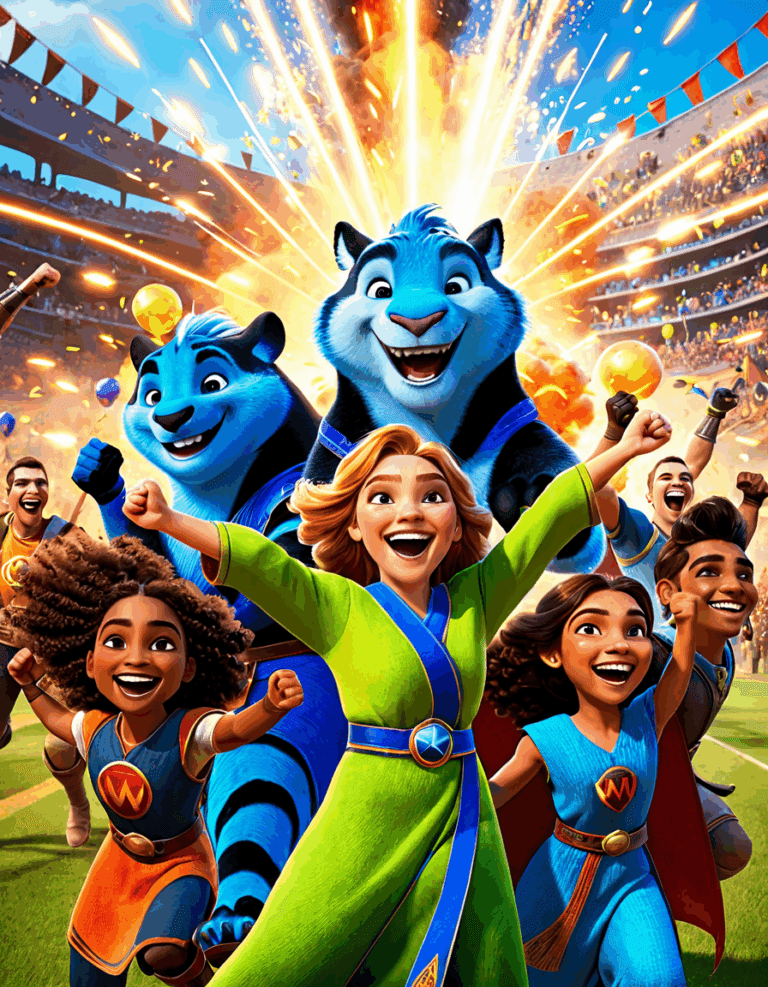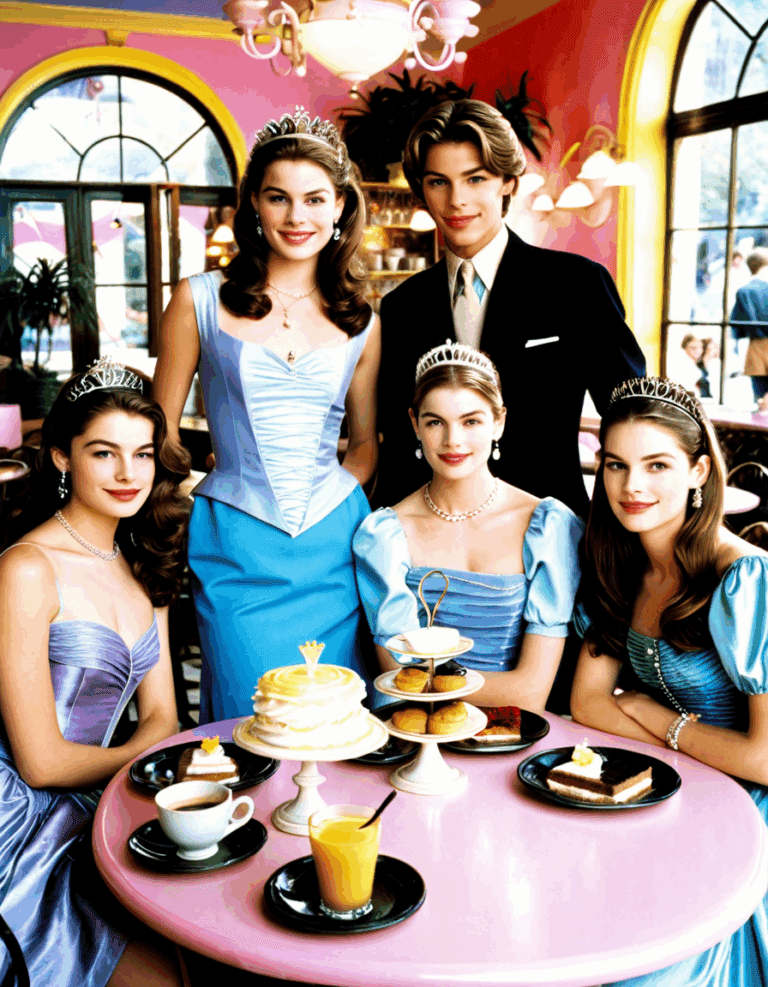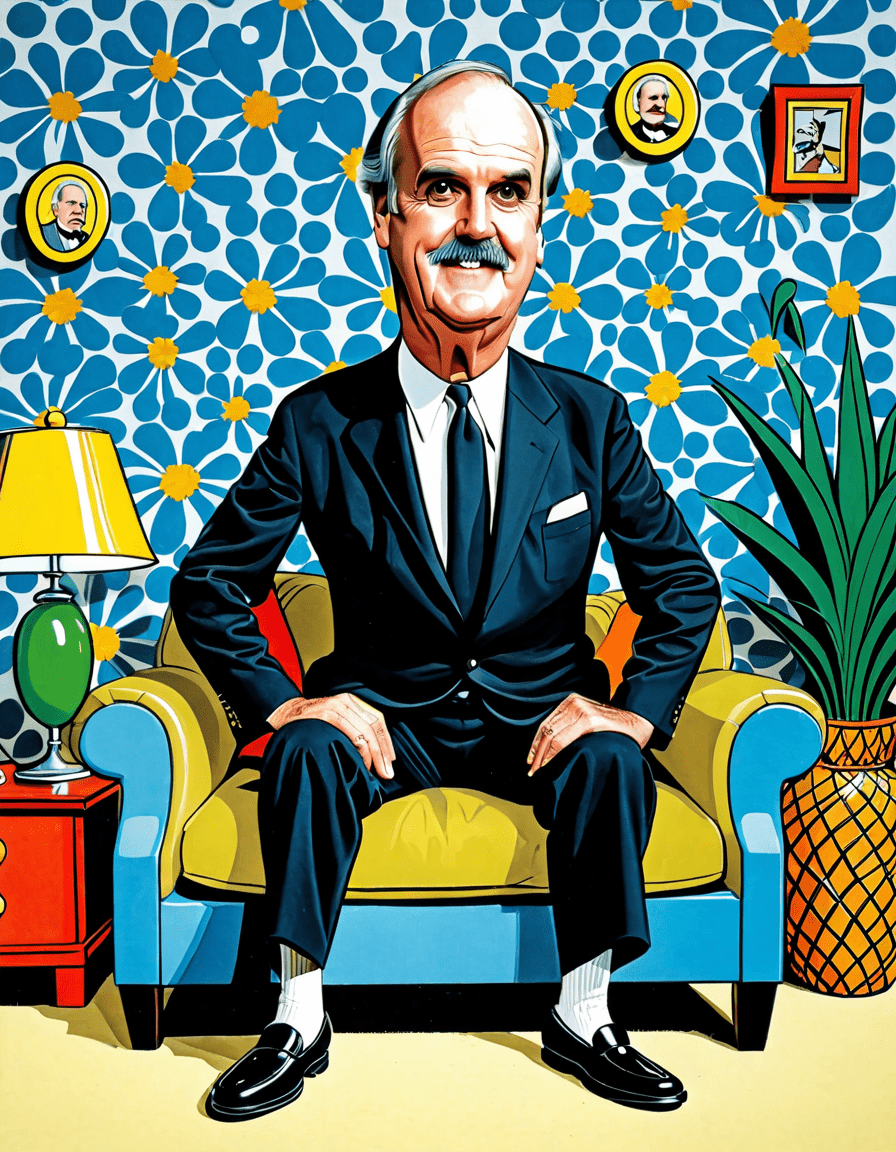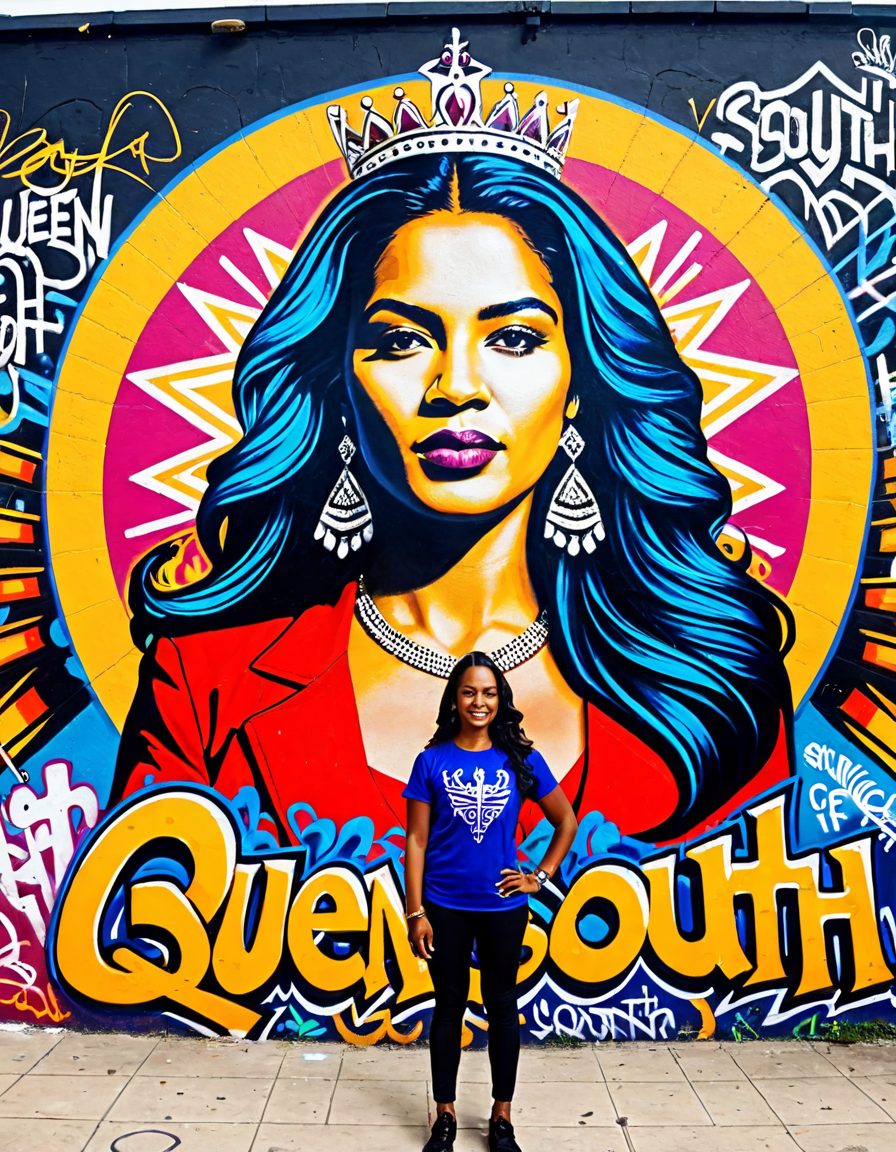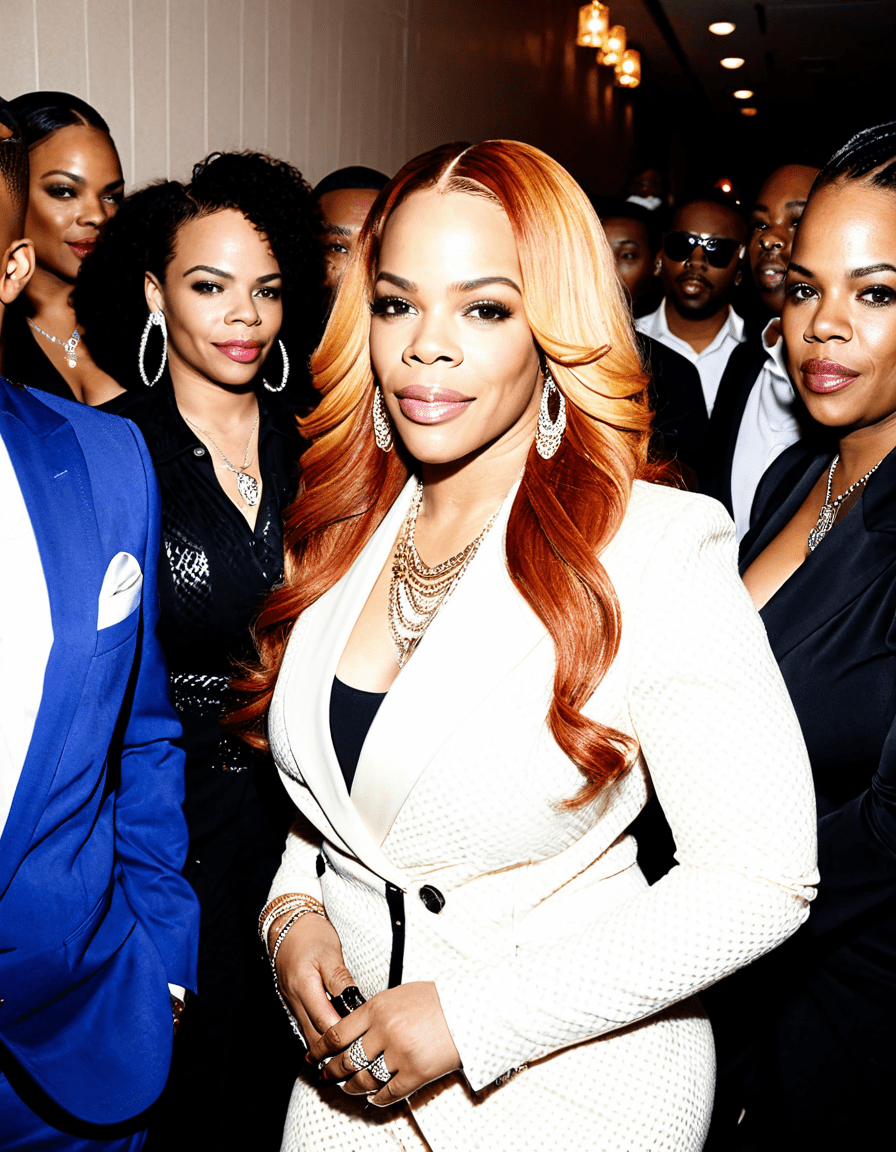When you think of John Cleese, you think of laughter, creativity, and downright brilliance in comedy. He’s a titan who has shifted how we view humor, blending the absurd with intelligent wit. One cannot overlook how Cleese has become a cornerstone of comedic brilliance, primarily through his work in Monty Python, which transformed the landscape of humor forever. Cleese’s comedic genius is all about subverting traditional tropes and delivering a unique experience that resonates with audiences. He’s carved out a niche that continues to inspire newcomers and seasoned comedians alike.
In this riveting journey of laughter, we delve deeper into John Cleese’s evolution, the influences surrounding him, and the richness of British humor that he so expertly represented. You might find yourself laughing and reflecting, often at the same time, and that’s the beauty of Cleese’s humor. It’s about embracing the quirky and the bizarre while poking fun at the everyday absurdities we face. Let’s dive in!
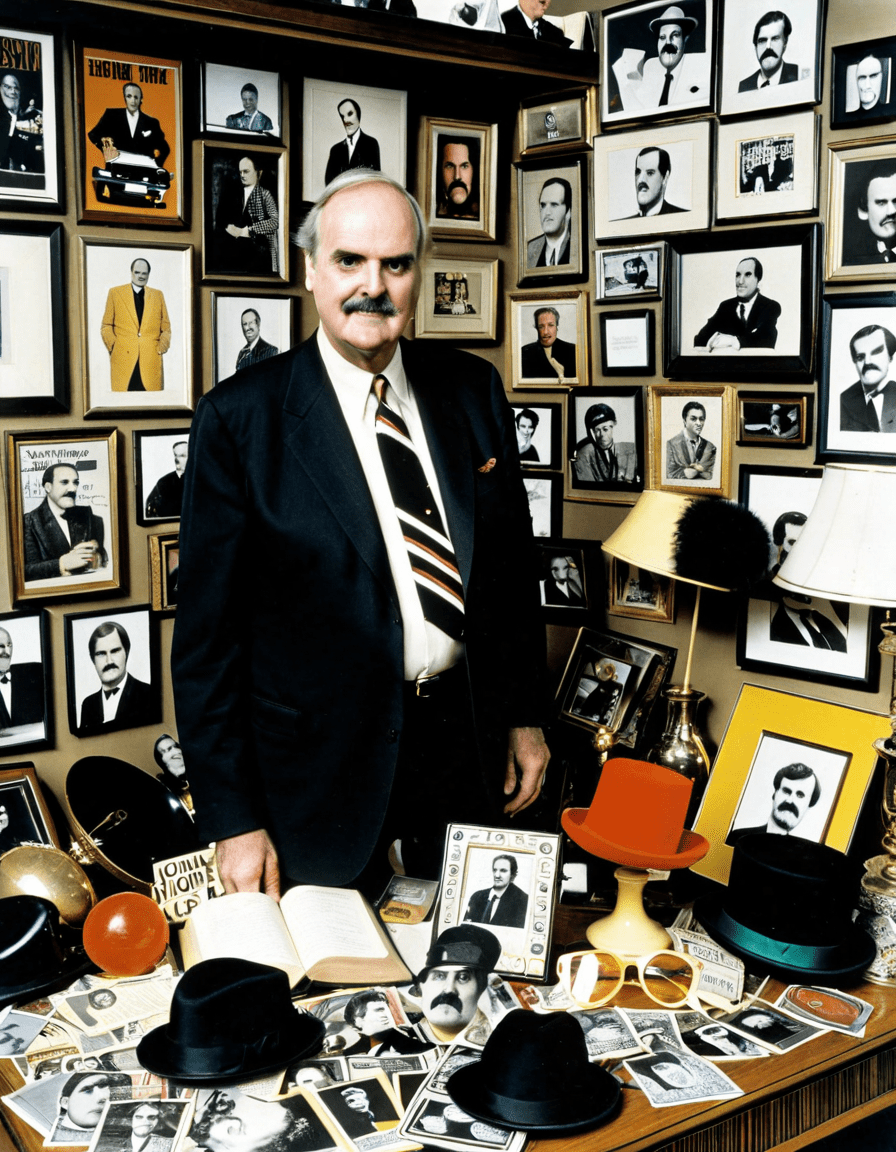
The Evolution of John Cleese’s Comedy Style
John Cleese’s comedy has undergone a magnificent transformation over the years. His time with Monty Python introduced a whole new type of humor that was unconventional yet incredibly engaging. The absurdity found in Python’s sketches cleverly played with traditional setups, forging a path for countless others who’d come after him. The brilliance doesn’t stop there, though; his role as Basil Fawlty in “Fawlty Towers” set the bar high for sitcom protagonists. Basil is gloriously flawed, often hilarious, and completely relatable, redefining our understanding of what makes a character compelling.
His ability to mix absurdity with quick wit creates an experience that keeps audiences on their toes. Fans get to enjoy clever wordplay paired with out-of-the-blue punchlines. Cleese’s characters don’t just elicit laughter; they provoke thoughts. That’s the beauty of his approach; it’s as if he convinces you that life is one big joke waiting to be told. He seamlessly combines physical comedy with intellect, leaving a lasting impact on the comedy genre.
Cleese has continually played with varying comedic styles, whether it’s through skits that satirize societal norms or memorable characters that make you question reality. Each comedic piece serves as both entertainment and a medium for reflection, and that’s where Cleese shines brightly. He reshaped not just how comedy is perceived but how it can also tackle complex themes. The key takeaway? Comedy can spark conversations and change perspectives, which is a crucial mission in the current climate.
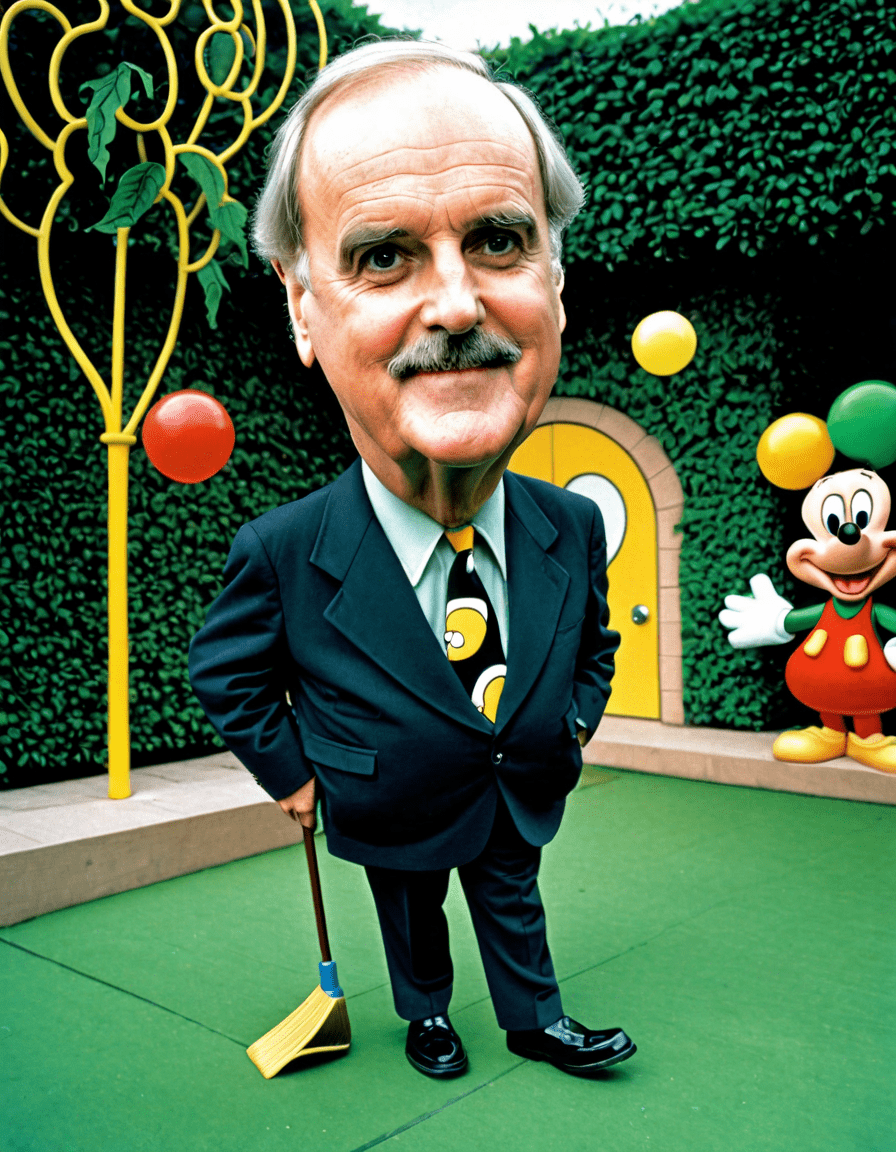
Top 7 Influential Figures Who Shaped Cleese’s Comedy Landscape
John Cleese’s legacy is intertwined with various figures who’ve both influenced and been influenced by him. Some of these connections are pretty fascinating. They show how comedy isn’t created in isolation; it’s a collective effort, a melting pot of ideas and styles.
2.1. Rosemary Clooney: A Voice of Unexpected Inspiration
Rosemary Clooney, renowned for her singing, also excelled at comedy. Her well-timed performances in films such as “White Christmas” prove that humor can exist beautifully alongside music. Cleese recognized this blend of arts and incorporated musical elements into his comedic sketches to elevate their effectiveness. The artistic interplay has laid the groundwork for percussion in comedy to echo across genres.
2.2. Joseph Fiennes: The Next Generation of British Comedy
As the new age of British comedy unfurled, Joseph Fiennes stepped into roles that resonate with Cleese’s signature style. Known for his exceptional work in “Shakespeare in Love” and “The Handmaid’s Tale,” Fiennes embodies the dry humor reminiscent of Cleese’s early works. His films reflect the continuous evolution of humor, showcasing how the comedic sensibilities of yesteryear continue to thrive today.
2.3. Ralph Fiennes: Comedy Meets Drama
Ralph Fiennes, while often recognized for powerful dramatic roles, wasn’t shy about stepping into comedic territory, as seen in “The Grand Budapest Hotel.” Much like Cleese’s iconic roles, Fiennes proves that the boundaries between comedy and drama can blur effectively. This seamless navigation between genres exemplifies the versatility that Cleese affirmed is essential for any contemporary comedian.
2.4. George Clooney: The Charismatic Provocateur
While George Clooney isn’t a comedian per se, his knack for blending humor with serious themes pays homage to Cleese’s comedic style. Movies like “Ocean’s Eleven” carry the spirit of lighthearted charm that allows audiences to engage with tense themes without losing their sense of joy. This characteristic links back to Cleese; he shows how humor can coexist unexpectedly with darker undertones.
2.5. The Continued Legacy of Monty Python
The influence of Monty Python, bolstered by Cleese’s contributions, is evident in modern sketch comedy and sitcom formats. Shows like “The Office” and “Portlandia” carry forward the torch of absurd humor, marrying wit and societal critique. As such, it’s clear the Python legacy is alive and well, continuing to inspire and provoke thought.
2.6. The Rise of Satirical Comedy
Today’s comedians, such as John Oliver and Ali Wong, utilize humor that’s deeply rooted in social critique. This modern meme of comedy can undoubtedly be traced back to foresighted satirists like Cleese. They laid the groundwork for comedic discourse to transcend mere laughs and challenge societal norms, a trend that continues to evolve.
2.7. Legacy in The New Comedy Generation
Contemporary comedians, including the likes of Hannah Gadsby and Dave Chappelle, openly acknowledge the foundational work of John Cleese and his contemporaries. This generational shift in how humor functions serves as a marker for change, reminding us that comedy is not just a path to laughter, but a means to invoke social change.
The Influence of British Humor on Global Comedy
John Cleese’s specific style of British humor echoes around the globe. The farcical elements infuse themselves into various comedic forms in numerous cultures, influencing humor well beyond British shores. From North American sitcoms to comedic scripts in Asia, Cleese’s impact remains critical in shaping today’s comedic landscape.
This global uptake creates a unique dialogue within comedy, offering diverse perspectives while still embracing that tried-and-true British absurdity. For instance, the surrealism in Cleese’s skits can be spotted in other cultural comedic expressions, highlighting our shared human experiences, even through markedly different lenses.
This beautiful exchange of humor reinforces the idea that comedy is a universal language. We can connect, laugh, and reflect together through the lens of absurdity, making light of challenges we all face, regardless of geography. Cleese’s humor makes it evident: absurdity is a shared human trait, and laughter is the bridge that connects us all.
Reflections on Cleese’s Philosophy of Humor
John Cleese’s comedic philosophy revolves around playfulness and creativity. He believes humor transcends mere laughter; it opens new perspectives and encourages fresh thinking. Through workshops and writings, Cleese challenges individuals to embrace play as a catalyst for creativity.
He views the creative process as allowing oneself to explore without fear. This philosophy encourages artists to create without constraints, showcasing how humor can be a powerful force for personal and societal growth. Cleese pushes the envelope, advocating for an environment that promotes fun and playfulness to unlock creativity, a message that resonates across art forms.
The insights gained through his philosophy elevate not just comedy but creativity, making it imperative for artists to step into the world of absurdity. This approach reminds us that laughter isn’t just about humor; it’s also about engaging with the uncomfortable truths of life. Cleese’s legacy therein is not just laughter but a profound voyage through the psyche of human experience.
Why John Cleese Will Always Be Relevant
In today’s fast-paced and digitally connected world, John Cleese’s comedic genius remains timeless. His insights articulate human quirks and the absurdities surrounding them with raw honesty. This relevance speaks to the evolving discourse around political correctness and cultural shifts, making Cleese not just a comedic figure but a voice for affirmation and reflection.
Much like the societal absurdities he often lampoons, Cleese’s brand of humor allows audiences to experience a cathartic release from the bitterness that sometimes pervades modern life. His legacy in the industry shows us that laughter remains a necessary tool for navigating those shared experiences and connecting deeply with one another.
As we move forward, Cleese’s work continues to remind us that humor isn’t merely an escape; it’s an essential engagement with life’s ridiculousness. The ability to find laughter in our shared humanity becomes a crucial reminder that, amid chaos, joy remains accessible. That’s the enduring power of John Cleese’s comedy; it invites us all to embrace the absurd—a lesson well worth remembering.
In closing, it’s clear John Cleese has left a massive footprint on the comedic landscape. As we reflect on his contributions over the years, let’s carry forth this spirit of humor in our daily lives, just like we strive to build muscle and get shredded in the gym. Embrace the laughter, because life’s always better when we can ring out some joy through our shared absurdities!
John Cleese: The Legendary Comedian Who Redefined Humor
The Genius Behind the Laughter
John Cleese isn’t just a name in comedy; he’s a powerhouse of humor that has influenced countless artists. He co-founded the iconic Monty Python troupe, which changed the face of sketch comedy forever. Did you know that Monty Python had such a major impact that it even inspired modern companies, like the quirky fashion brand kidsuper? With his knack for absurdity and wit, Cleese crafted characters that are unforgettable. Speaking of unforgettable moments, let’s not overlook his memorable guest appearance as a villain in a Batman production. It’s wild to think that Cleese’s comedic flair echoed into such action-packed worlds!
Trivia Tidbits That Will Blow Your Mind
Here’s a fun tidbit: every year on March 5th, we celebrate National Cheese Doodle Day, and guess who had a major hand in promoting comedic snacks? Yes, John Cleese! His humor somehow makes everything, even cheesy snacks, feel a bit more special. And if you’ve ever watched him throw some comedic punches, you’d know he could likely put a gel blaster gun to shame with his swift movements. Cleese has a remarkable way of wrapping serious themes in laughter, just like how Freakier Friday spins a tale of chaos and family—an echo of how comedy often mirrors life’s absurdities.
The Legacy Continues
Cleese’s influence reaches far beyond Monty Python. His successful career includes a slew of films and television series that redefine comedic storytelling. Not to forget, his voice acting chops contributed to animation—a venture echoed in the various Shia LaBeouf movies that merge humor and adventure. Even his role in “A Fish Called Wanda” left audiences in stitches and pondering, much like the complex layers of artist Leonard Cohens lyrics. It’s fascinating how a comedian like John Cleese transcends genres, leaving an indelible mark on every project he touches.
So, next time you tune into a classic Cleese performance or grab a snack in honor of National Cheese Doodle Day, remember you’re in the presence of a comedic legend whose impact is as timeless as laughter itself!
